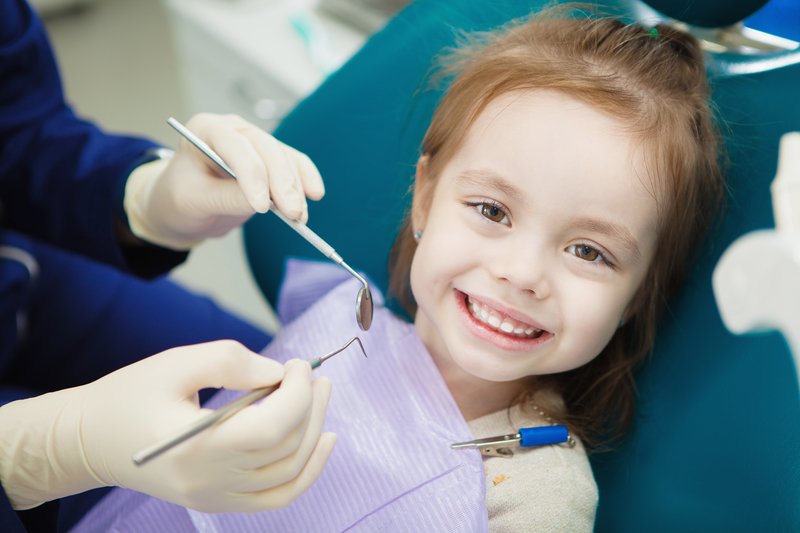
How Orthodontics Can Enhance Self-Esteem in Children and Teens
A straight, healthy smile is often regarded as more than just an aesthetic achievement; it’s a gateway to enhanced self-esteem, particularly during the formative years of childhood and adolescence. For many children and teens, orthodontic treatment plays a crucial role in developing a positive self-image, which can lead to profound outcomes in their personal and social development. Delving into the psychological benefits of orthodontics, success stories chronicling these transformations highlight the far-reaching impacts of improved dental health.
The Link Between Oral Health and Self-Image
During the sensitive phases of growth that children and teens go through, self-image is closely tied to their physical appearance. Misaligned teeth can become a source of embarrassment and anxiety, often leading to a reluctance to smile or engage in social interactions. By correcting dental issues, orthodontics can directly affect a young person’s perception of their appearance and thus their confidence.
Early Intervention: A Path to Positive Self-Esteem
Intervening with orthodontic treatment at an early age can be particularly beneficial. When children receive braces or aligners, the gradual transformation of their smile can instill a sense of pride and accomplishment. As their peers notice and compliment the changes, the positive reinforcement can significantly boost their self-assurance.
Overcoming Bullying with Orthodontic Care
Bullying due to dental abnormalities is an unfortunate reality for some youths. Orthodontic treatments offer a tangible solution to this issue, not only by enhancing the smile but by empowering children and teens to overcome the root of the taunts and teasing. Accounts of young individuals who have moved past such experiences with the help of orthodontics serve as powerful testaments to its psychological benefits.
The Role of Orthodontists in Supporting Young Patients
Orthodontists do more than just straighten teeth; they are often key figures in a youth’s journey towards increased self-esteem. By providing a supportive environment and engaging with their young patients about the progress of their treatment, orthodontists contribute to the overall positive experience and the resulting confidence boost.
Case Studies of Transformed Lives
Narratives of young individuals whose lives have been changed by orthodontics can underscore the importance of a healthy smile. These stories often detail not only improved oral health but also transformed relationships with peers, heightened participation in social activities, and a newfound willingness to step into the spotlight.
The Social Dynamics of a Straight Smile
Social acceptance plays a pivotal role in the development of self-esteem in children and teens. A straight smile often aligns with societal standards of attractiveness and can affect how young individuals are perceived by their peers. The improved social interactions that often follow orthodontic treatment can contribute to a stronger sense of belonging and self-worth.
Balancing Aesthetics and Functionality
While the aesthetic benefits of orthodontics are clear, the functional improvements—such as correcting bite issues and making oral hygiene easier—also contribute to a child’s self-esteem. With the removal of physical discomfort and the enhancement of oral function, young patients often feel a greater sense of control and comfort within their bodies.
The Long-Term Psychological Impact of Orthodontics
The effects of orthodontic treatment on self-esteem often extend well beyond the teenage years. A healthy smile can set the stage for a lifetime of positive self-regard and can influence future personal and professional endeavors. The adult reflections of individuals who underwent orthodontic treatment as children or teens frequently affirm the enduring impact of a straightened smile.
Embracing the Orthodontic Journey
While the outcome of orthodontic treatment is undoubtedly positive, the journey itself can also be an empowering process. Learning to navigate the challenges of braces or aligners can instill resilience and adaptability in young individuals, traits that are integral to a robust self-esteem.
Parental Support and Involvement
The encouragement and backing of parents or guardians during orthodontic treatment can profoundly influence a child’s attitude toward the process and themselves. Positive reinforcement and celebrating milestones in treatment can enhance the esteem-boosting effects of orthodontics.
A healthy, straight smile not only contributes to the physical well-being of children and teens but also plays an essential role in their psychological development. By addressing dental irregularities, orthodontics can ignite a positive shift in self-perception and social engagement, laying the groundwork for improved self-esteem. Furthermore, as success stories demonstrate, the journey towards a beautiful smile can be transformative, leaving a lasting impression on an individual’s confidence that remains well into adulthood. Through the thoughtful alignment of teeth, orthodontic treatment has the profound ability to reshape not just smiles but also the future of young lives.
Ready to embark on a transformative journey that leads your child from self-consciousness to self-confidence? Maccaro Smiles offers a comprehensive range of orthodontic treatments tailored to meet the unique needs of every young patient. Connect with us today to learn how we can make a positive difference in your child’s life.